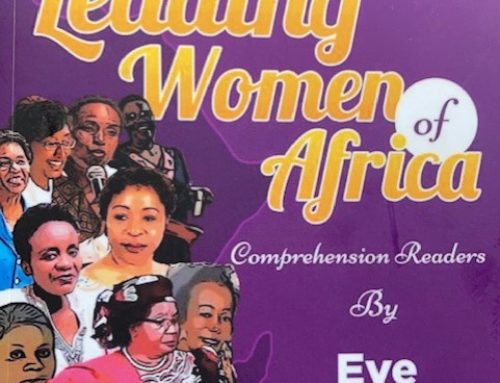The first paragraph that stood out for me strongly in this book about Robert Sobukwe and resonated completely, was this one which spoke into my validification as an African [or as my mate, Nkosi, would put it, “Afrikan”].
From Chapter 13 of ‘Robert Sobuke: How Can Man Die Better’ by Benjamin Pogrund:
‘And on his attitude to whites he spoke with passion: “I know I have been accused of being anti-white, not only by the government, but also by others. But there is not one who can quote any statement of mine that bears that out. When I say “Africa for the Africans” I have always made clear that by African I mean those, of any colour, who accept Africa as their home. Colour does not mean anything to me.”
Not only was this a re-statement of his known position but, as we went on talking, what emerged was that he had thought further into some of the practicalities of applying Africanist thinking.’ [page 204]
i like these words – not because i need anyone else to tell me i am African or that it is okay for me to think that – that is something i just know and feel to the core of my being. But it is great to hear that someone who seems to be very much respected amongst many black communities, thought the same way.
[For the next post extract from this book looking at ‘Enemy Thoughts’, click here]







[…] How Can Man Die Better – part Afrikan […]
Back in my first year at university, in 1993, bursaries were offered for African students. I applied. I was denied a bursary.
Two things here: first, the bursary was for what we in those days termed previously disadvantaged students – so when I was declined (as I expected to be) I didn’t argue as it was never my intention to take the bursary at the expense of someone who really needed it – but why I applied is the second thing: by naming these as ‘bursaries for Africans’ and then excluding me, the university was denying my African identity. I was born here, as were both my parents and all several previous generations on my mother’s side. I am as African as the next guy – and one of the best, most laudable things my father taught us, was that the colour of our skin didn’t differentiate us from any other human.
I lived in UK for a number of years but I will always and have always been African. Or Afrikan, as Nkosi says.
[…] as i try to understand the history of South Africa through different eyes and words and so from Robert Sobukwe ‘How Can Man Die Better’ to Steve Biko’s ‘I Write What I Like’ and ‘No Life Of My Own’ by […]